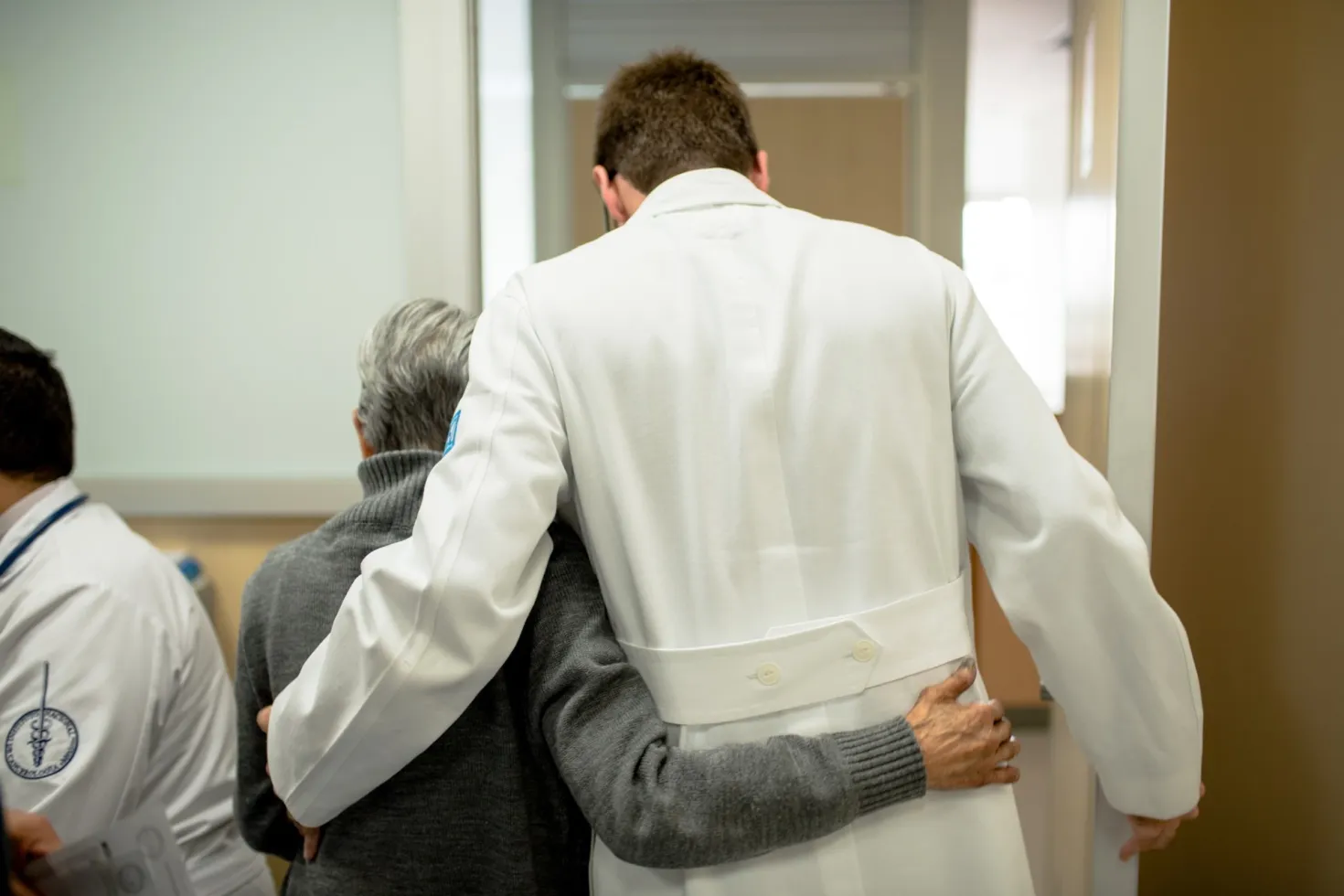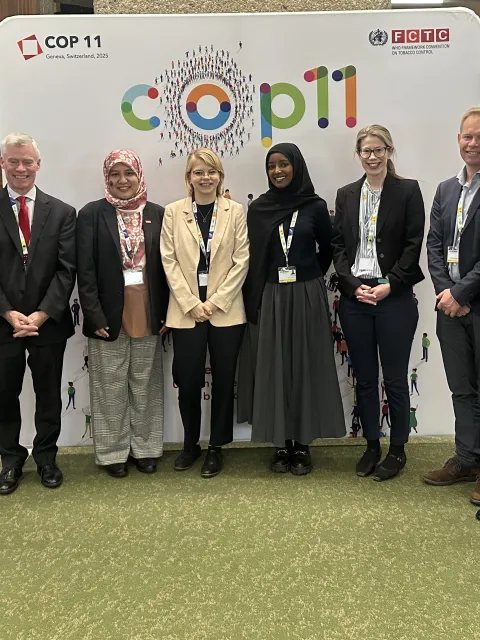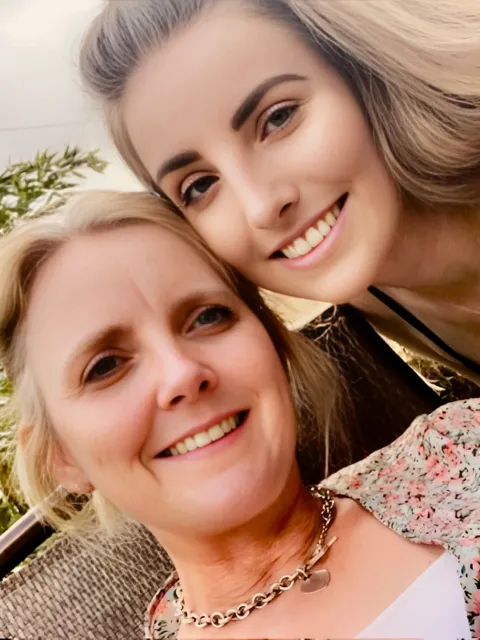Rewriting cancer: views and perspectives from UICC members on key challenges in cancer control
As part of the BBC StoryWorks cancer series ‘Rewriting Cancer’, UICC presents a series of six social media-friendly short videos (approximately 1mn in duration) which brings together diverse voices and perspectives from across the globe on key challenges in cancer prevention, treatment, and care.

HIGHLIGHTS
- A series of social shorts (<1mn films) produced by BBC StoryWorks for UICC explores the need for inclusive, equitable, and culturally aware approaches in cancer care.
- Experts highlight barriers for marginalised communities, stressing the need for stigma-free environments and tailored prevention efforts to address social and cultural challenges in cancer control.
- Emphasis on people-centred care, cultural sensitivity, and reducing healthcare disparities is key to improving cancer outcomes globally.
These branded 'thought leadership' social shorts, produced for UICC by BBC StoryWorks, feature cancer experts from UICC member organisations, and collectively address the broader need for equity, inclusivity, and culturally aware approaches in cancer control . The format mixes video interviews with title cards and animation.
The themes explore challenges faced by marginalised groups, such as LGBTQI+ individuals, patient experiences and how to improve the lives of people living with cancer, the need for people-centred care, the role of primary care, and the importance of cultural sensitivity in cancer prevention.
Andrea Seale, CEO of the Canadian Cancer Society (CCS), outlines how CCS is working to address disparities in access to cancer services through research, public awareness campaigns, prevention programmes, and early detection initiatives. She underscores the importance of people-centred care as a key factor in reducing healthcare inequities and improving cancer outcomes for Canadians.
Another short highlights the experiences of Mandi Chapman, Associate Professor of Medicine and Associate Center Director for Community Outreach, Engagement and Equity at the George Washington Cancer Center. She discusses the barriers LGBTQI+ individuals face when accessing cancer care, stressing the importance of inclusive healthcare environments that respect and understand the unique challenges of LGBTQI+ cancer patients, ensuring that care is free of discrimination and stigma.
The series also includes a personal narrative by Bahija Gouimi, President and Founder of AMAL, a patient support group in Morocco. Gouimi shares the financial and social challenges she faced with cancer, reflecting the broader issue of cancer-related stigma in many communities. Her experience highlights the need for greater financial support and awareness to reduce the burden on people living with cancer, particularly in low- and middle-income countries.
Benito Martinez Granera, Deputy Director of Fundación Movicancer, explores the role of primary care in cancer prevention and control. He discusses the importance of early detection and the challenges that primary care providers face, such as limited resources and gaps in communication with specialised care providers. Primary care systems play a critical role in cancer control, particularly in improving screening rates and early intervention, which can drastically improve survival rates.
Cultural sensitivity in cancer service delivery – from health literacy to treatment and support – is another major theme. Karo Tamani, a nurse-midwife at the Fiji Cancer Society, discusses how cultural beliefs influence cancer prevention efforts. She describes strategies that have been effective in engaging diverse communities, such as tailoring prevention messages to resonate with specific cultural practices and values. These initiatives have proved successful in improving participation in cancer screenings and promoting healthier lifestyles within traditionally underserved populations.
By sharing these diverse perspectives, the UICC aims to inform and engage audiences on the complexities of cancer care. The series highlights the need for collaborative, people-centred approaches that not only address medical needs but also consider social, cultural, and economic factors in cancer control.
Last update
Thursday 17 October 2024
